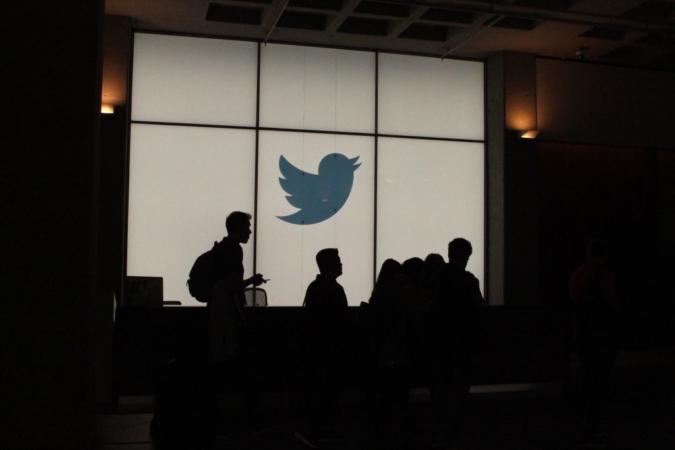Moderating online content is important, especially in a political climate where acts of violence are explicitly linked to hate speech online. Unfortunately, recent studies have found that leading algorithms responsible for detecting hate speech harbor biases of their own.
Researchers at the University of Washington conducted a study titled “The Risk of Racial Bias in Hate Speech Detection.” The researchers decided to focus on Twitter because it is a “particularly important space for Black activism.”
The study found that tweets by Black people were 1.5 times more likely to be flagged as “offensive.” If a tweet was written using African American English (AAE), then they were 2.2 more times likely to be flagged.
This research is backed up by an additional study that found racial bias against Black speech in five academic datasets used for studying hate speech. In their conclusion, the researchers wrote:
“We find evidence of substantial racial bias in all of the datasets tested. This bias tends to persist even when comparing tweets containing certain relevant keywords. While these datasets are still valuable for academic research, we caution against using them in the field to detect and particularly to take enforcement action against different types of abusive language. If they are used in this way we expect that they will systematically penalize African-Americans more than whites, resulting in racial discrimination.”
Part of the issue is that algorithms aren’t taught to read for social context. If Black people online use the word “n*gga,” then an algorithm is going to mark it as hate speech — even if the context would say that it’s not.
For Black people online, these studies don’t come as much of a surprise. Biases against AAE can often be found in other cases. For instance, a study showed Philadelphia court reporters weren’t too accurate when transcribing Black dialects.
These studies highlight a problem that continually pops up on social media platforms. Hate speech often fails to account for systemic dehumanization and those who hold power. Instead of actually helping, it becomes yet another way to police already vulnerable populations.
If social media platforms want to get ahead of hate, they cannot take an approach that refuses to account for history and social context. Algorithms riddled with flagrant human biases should not be used on social media platforms where Black users are already likely to face harassment. Moreover, this reinforces the need for Black people to be included in the development of these technologies.

